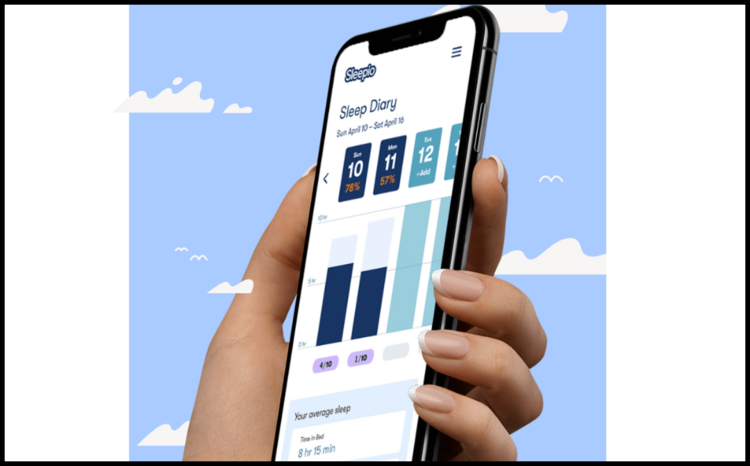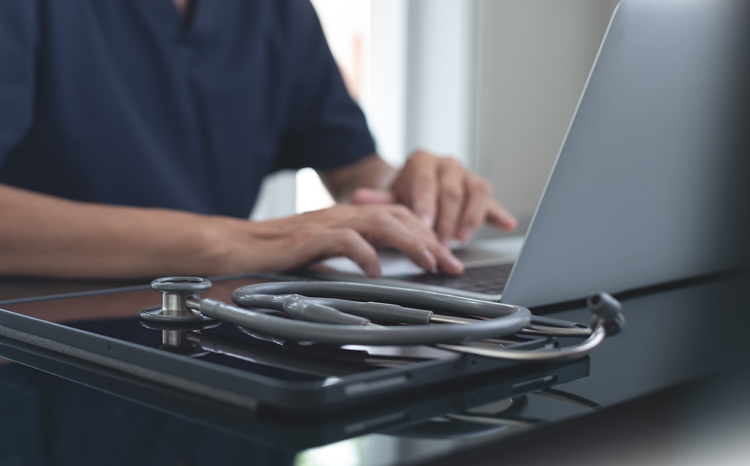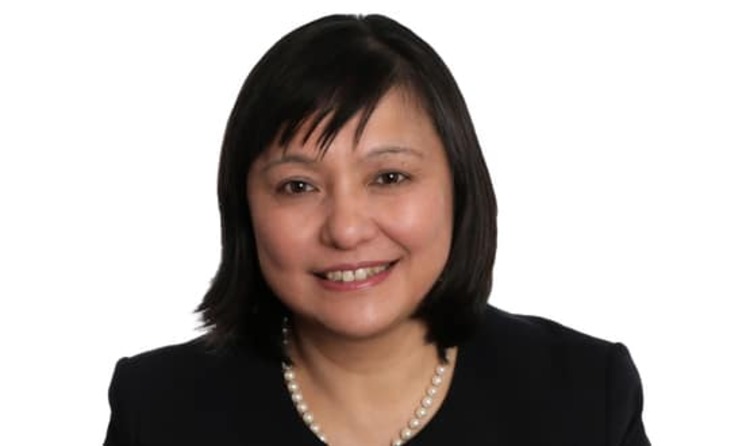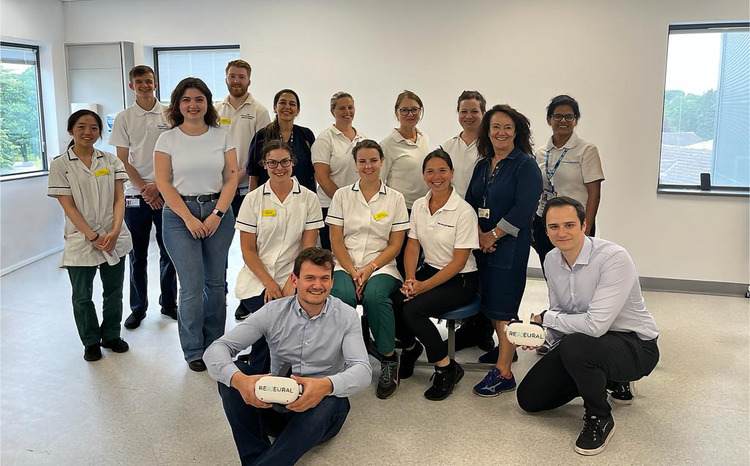Insomnia app unavailable for most of NHS despite NICE approval
- 31 October 2024

- Big Health says that its Sleepio app to treat insomnia is not widely available to NHS patients despite being recommended by NICE more than two years ago
- A version of the app will be made available to patients in the US after recently securing FDA clearance
- NHSE told Digital Health News that there is no requirement for the NHS in England to fund the commissioning of NICE recommended digital technologies
Sleepio, an evidence-based app that delivers cognitive behavioural therapy for insomnia (CBTi), is still unavailable to most NHS patients in England despite being recommended by the National Institute for Health and Care Excellence (NICE) over two years ago.
Will Goddard, UK managing director at Big Health, which created Sleepio, says that the digital health innovation is still awaiting NHS England funding after being recommended by NICE for adoption in the NHS in May 2022.
NICE outlined Sleepio’s potential to increase access to CBTi, which is the first-line treatment for insomnia delivered either face-to-face by a qualified therapist or digitally.
Meanwhile, the US version of the app, SleepioRx, will be made available to patients in the US after recently securing FDA clearance.
Goddard said: “The UK has ambitions to be a life sciences and medical technology powerhouse, leveraging the single-payer NHS model to rapidly adopt proven innovations that deliver exceptional care to patients at exceptional value for taxpayers.
“However, despite Sleepio being recommended by NICE, proven within the NHS, and cost-saving in-year, patients in England still don’t have access.
“This begs the question: what’s the use in NICE guidelines that clinicians cannot follow, and that patients cannot benefit from?
“In contrast, FDA clearance in the US is a significant milestone and we are delighted that clinically effective digital CBTi will soon be available to patients.
“We just hope that, as is already the case in Scotland, patients in England will soon be able to access this guideline-recommended treatment, too.”
The app, which uses an AI algorithm to provide people with tailored therapy, has been accessible in Scotland since 2021.
It was initially trialled in the south of England in 2018 and was made available across London in 2019 after being selected as a partner by the Good Thinking service.
NICE medical technologies guidance, published on 20 May 2022, stated that funding Sleepio nationally would deliver in-year cost savings for the health service by reducing GP appointments and prescription medication costs.
A spokesperson for NHSE told Digital Health News that there is no requirement for the NHS in England to fund the commissioning of NICE recommended digital technologies, adding that the NICE funding mandate only applies to pharmaceuticals recommended by NICE following a technology appraisal and publication of positive guidance.
They said that a number of local services already commission digital therapeutics for insomnia, including Sleepio and Sleepstation, and that integrated care systems can choose to directly fund and commission digital therapeutics for insomnia if they wish.
Meanwhile, a NICE announcement in September 2024, said that figures from its rapid assessments comparing digital technologies to face-to-face therapy, show that the use of recommended digital therapies for mental health conditions could free up thousands of NHS therapists’ hours.





